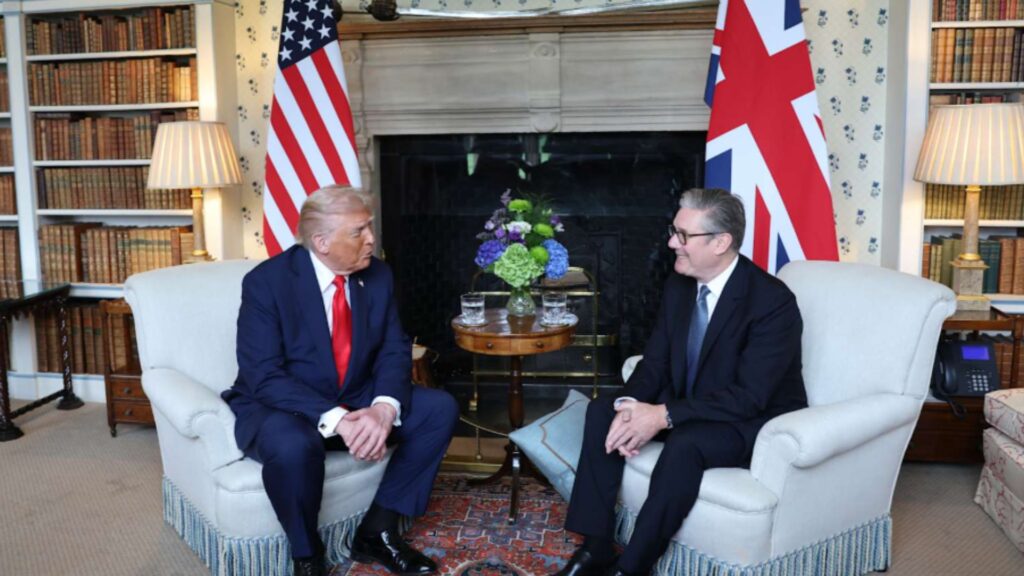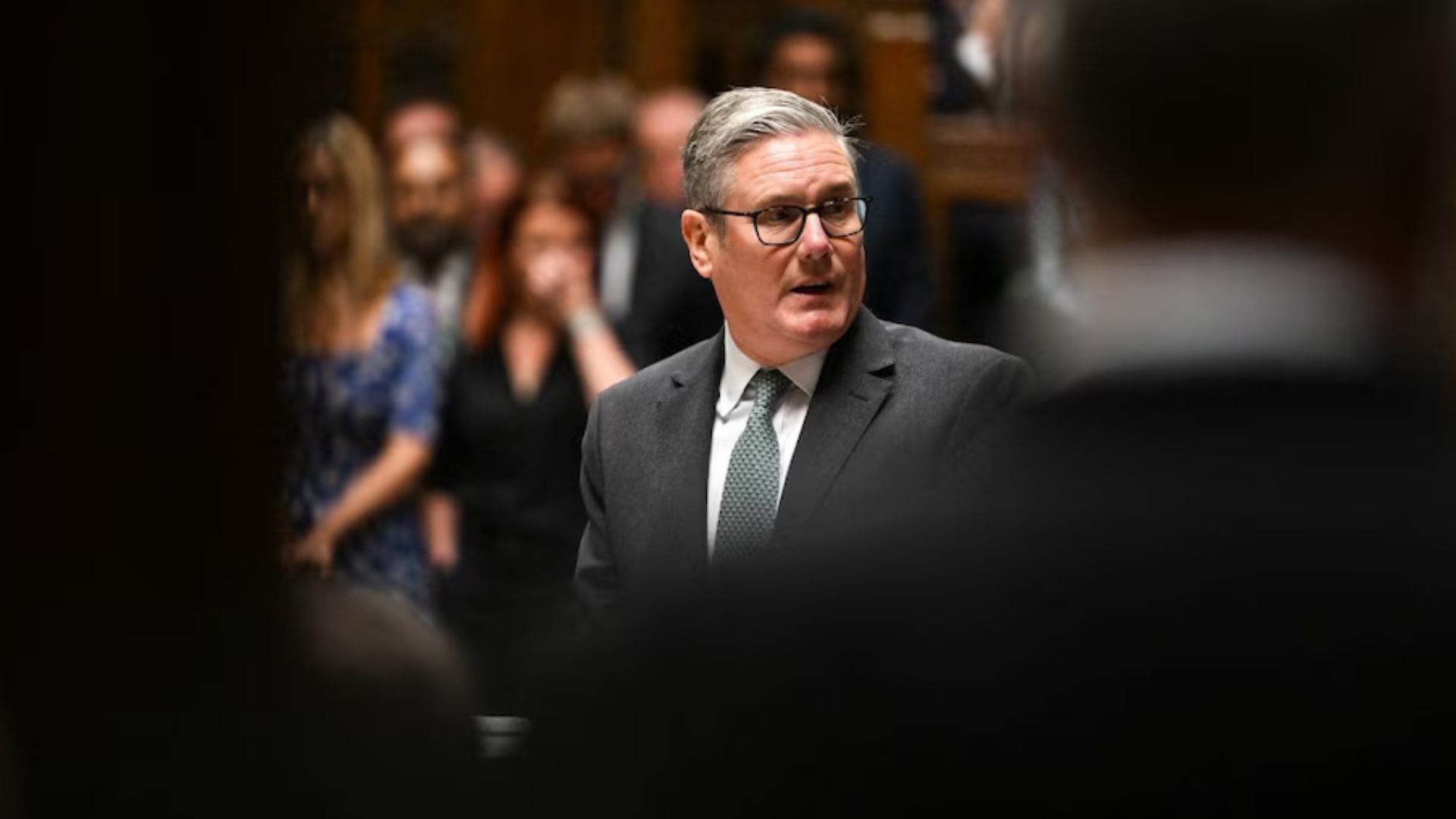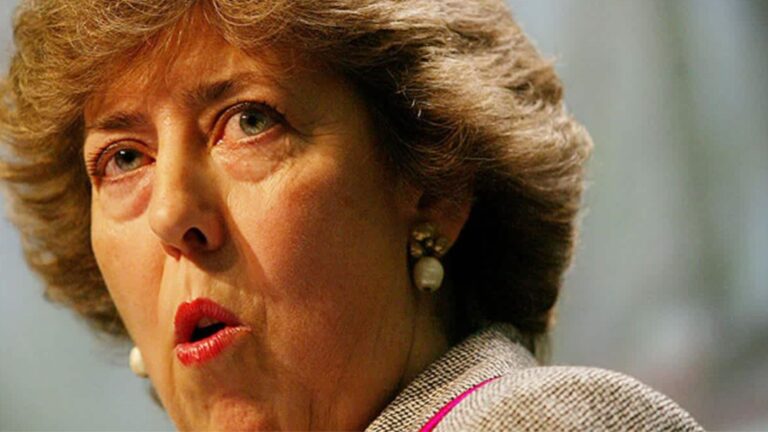
Prime Minister Keir Starmer is exploring proposals to eliminate visa fees for the world’s top scientific and academic talent, positioning the UK to capitalize on America’s $100,000 H-1B visa fee that took effect on September 21, 2025.
Strategic Timing Amid US Immigration Crackdown
The initiative comes from Starmer’s “global talent task force,” which is developing strategies to attract leading scientists, academics, and digital experts to boost economic growth. Discussions within Number 10 and the Treasury include waiving the current £766 ($1,030) application fee entirely for individuals from the world’s top five universities or prestigious prize winners (Economic Times).
“Trump’s decision has put wind in the sails of those wanting to reform Britain’s high-end visa system to boost growth ahead of the November 26 Budget,” a person involved in UK discussions told the Financial Times. The task force is chaired by Varun Chandra, Starmer’s business adviser, and Lord Patrick Vallance, the science minister, with officials describing the current system as a “bureaucratic nightmare” (Business Today).
Current System and Growth Trends
Britain’s global talent visa currently costs £766 per applicant, with partners and children paying the same fee, plus an annual health surcharge of £1,035 per person. The visa route, introduced in 2020, targets recognized leaders in science, engineering, humanities, medicine, digital technology, and arts. The number of global talent visas granted rose 76% to 3,901 in the year ending June 2023, though university leaders argue more action is needed to attract global talent.
Broader Economic Context
Chancellor Rachel Reeves is simultaneously reviewing the tax system to support the UK’s ability to attract top talent, following concerns about wealthy individuals leaving Britain due to recent changes to the non-domicile tax regime. However, early data suggests the impact has been limited. While the Home Office has not formally adopted these proposals, officials confirmed that visa routes remain under review, emphasizing that global talent routes are designed to “maintain the UK’s status as a leading international hub for emerging talent and innovation.”
The UK’s timing appears strategic, offering an alternative to highly skilled professionals facing Trump’s dramatically increased visa costs while positioning Britain as a more accessible destination for global talent during a crucial economic period.












I don’t think the title of your article matches the content lol. Just kidding, mainly because I had some doubts after reading the article. https://accounts.binance.info/register-person?ref=IHJUI7TF